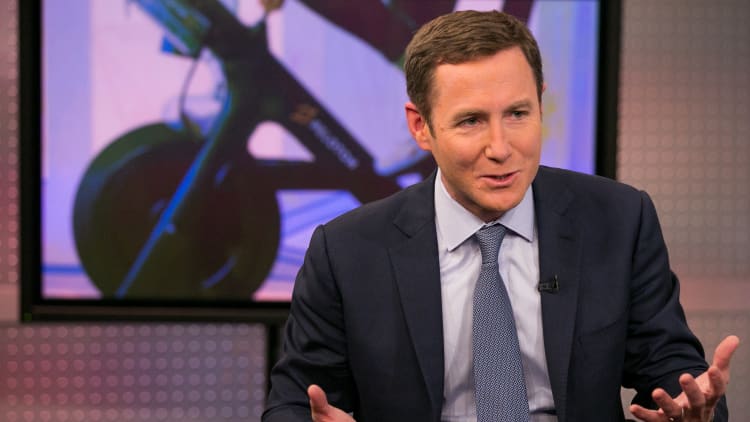OpenAP, an advertising company founded by a group of some of the biggest TV companies, announced on Tuesday a new platform to let advertisers buy ad campaigns on linear TV and digital video across publishers. As TV ad spend has been bruised by the rise of digital and other factors, this kind of move could grow ad dollars flowing to big TV networks by making it easier to buy and reach more specific audiences.
OpenAP came together in 2017 as a consortium including Fox, Viacom and Turner (now AT&T's WarnerMedia) as a way to make it easier and more valuable to buy more specific, data-driven audiences than standard TV demos across multiple publishers. WarnerMedia pulled out in April 2019 after becoming part of AT&T, which has its own advanced advertising functions. NBCUniversal joined OpenAP last year.
The coming together of the networks may be a way of making TV more competitive against digital, as digital ad spending in the U.S. is poised to exceed traditional ad spending this year, according to eMarketer. The platform will let advertisers buy inventory from Fox, NBCUniversal, Viacom and Univision using automation, which "really hasn't been something that has been the case" in the past, OpenAP CEO David Levy said.
Here's how it works.
Let's say an advertiser wants to reach a certain audience, such as people interested in buying a car. That advertiser can pull together one buy across TV networks and both linear and digital viewing environments. Advertisers only pay when that ad reaches that intended audience. Levy said it's possible because in recent years, TV networks have been investing in data science platforms to help forecast which shows specific audiences are likely to watch. But until now, it was harder to execute on a one-off basis, he said.
This move should make it easier to target a big group of consumers across publishers in one fell swoop. The members together hold more than 20 cable networks and three broadcast networks. The digital video included in the inventory for now is on 30-minute or longer shows, Levy said.
This could bring more of the ease that advertisers have on digital giants Facebook and Google, which have self-service tools for advertisers. Those tools are attractive to small businesses that typically don't have the budget to make large ad buys. It also gives Google and Facebook a massive base of advertisers compared with the more limited pool of advertisers for TV.
"Linear has always had, content-wise, a significant edge versus digital," Levy said. "But it's difficult to buy," especially for smaller brands.
He said that's because advertisers have to either have a direct relationship with the sales rep of a big network or a relationship with a big national agency, along with minimum spends, among other factors.
"Part of this approach is really to start to create an easier way for more DTC brands to buy directly and for other smaller brands to make it a lot easier and a lot more manageable, in a way they're used to buying it," Levy said.
Disclosure: NBCUniversal is the parent company of CNBC.



